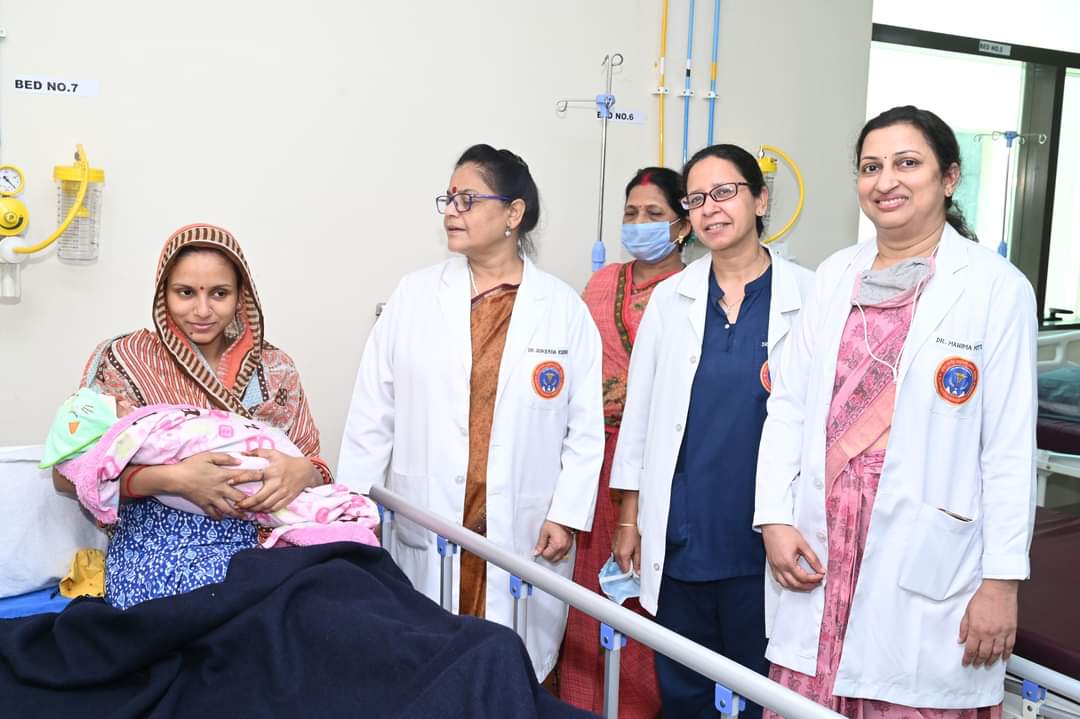
During the 1970s, the women's health movement existed on the margins of mainstream medicine, aiming to empower women, provide them with information, and amplify their voices and concerns. Today, the concept of women's health has evolved. The focus has shifted from primarily reproductive and maternal health to include a broader spectrum of medical conditions affecting women throughout their lives. Nonetheless, sexual and reproductive health rights (SRHR) remain central.
SRHR are fundamental human rights that empower women to make choices about their bodies. These rights include access to family planning methods, legal abortion, maternal healthcare, and freedom from discrimination and violence related to sexuality and reproduction. However, it is crucial to understand if women today have the agency to seek healthcare. Personally, I had an eye-opening moment when, struggling with premenopausal symptoms, I realized I hadn't consulted a doctor until prompted by my sister. Despite coming from an educated, upper-middle-class background, many of us lack the agency to prioritize our healthcare needs, often normalizing day-to-day issues.
When women have autonomy over their reproductive choices, they are more likely to pursue education, careers, and active participation in society. Conversely, limited access to SRHR can have severe consequences, such as unintended pregnancies leading to unsafe abortions, a major cause of maternal mortality in many developing nations.
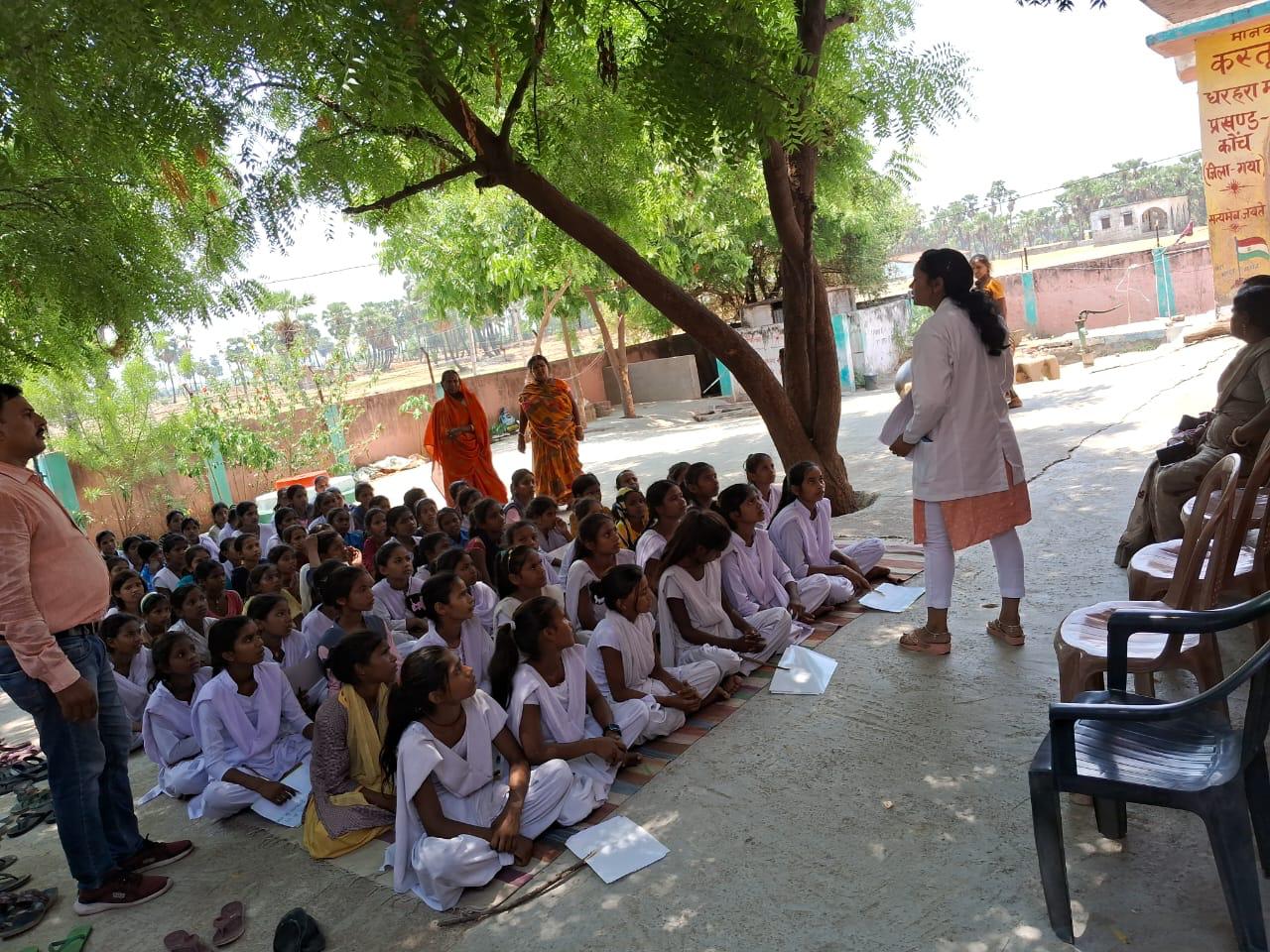
In India, women’s health is often compromised due to malnutrition, poor hygiene, inadequate diet, multiple and frequent pregnancies, early childbearing, menopause, anxiety, and depression. A significant portion of the population (13.7%, NHM 2019-20) lacks access to effective family planning methods and informed choices. A concerningly high number of young women (19.9%, NFHS-5 2019-21) have been pregnant by age 19. This highlights the critical need for comprehensive sex education and accessible SRHR services for adolescents. Societal norms often restrict women's autonomy over their bodies and reproductive choices, necessitating social and legal reforms to empower women and challenge harmful cultural practices.
The issue at hand is the ability to exercise autonomy over one's body and reproductive decisions. What percentage of women truly possess the freedom to choose if, when, and how many children they want, as well as the timing between pregnancies? Restrictive laws, cultural norms, and gender disparities play significant roles in impeding this autonomy. In specific regions, stringent regulations or outright bans on abortion force women into unsafe practices, posing serious risks to their health and lives. Furthermore, societal and familial expectations can limit women's access to contraception or their ability to seek reproductive healthcare services.
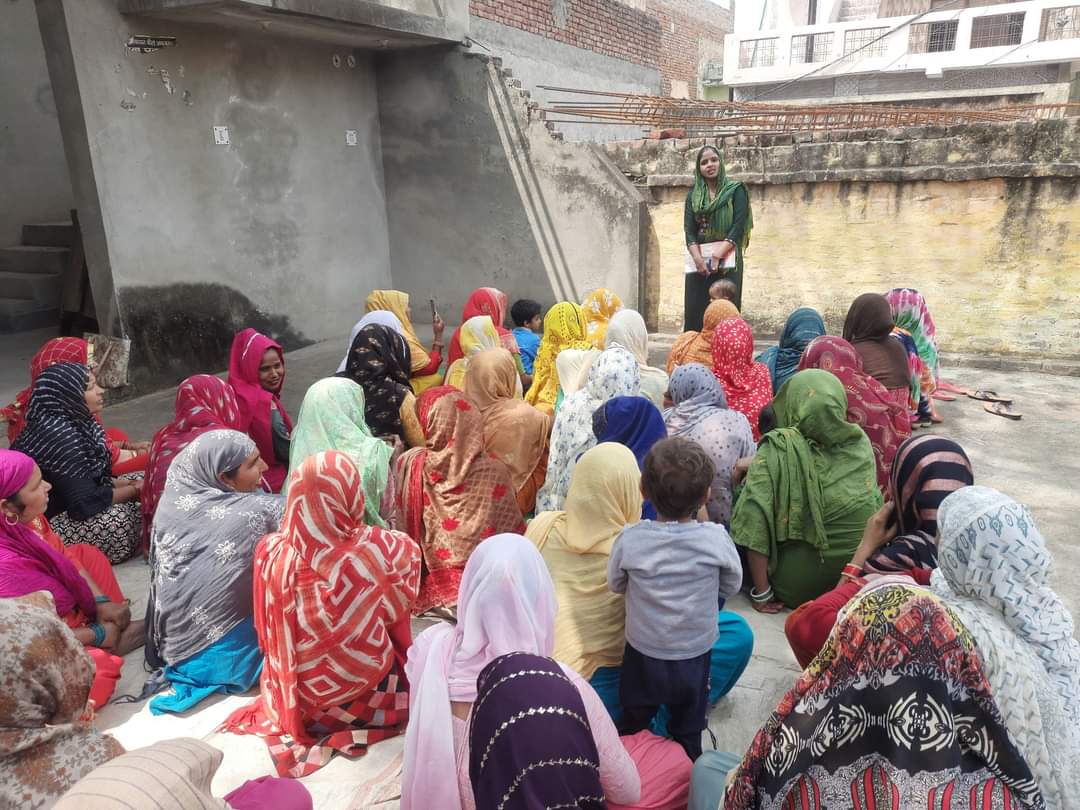
Internationally, the International Conference on Population and Development (ICPD) Programme of Action and the United Nations Sustainable Development Goals (SDGs) support SRHR. These agreements emphasize the importance of reproductive rights and gender equality for sustainable development.
At the local level, governments, non-governmental organizations (NGOs), and community groups play vital roles in advancing SRHR. This includes providing healthcare services, advocating for policy changes, and educating communities about sexual and reproductive health.
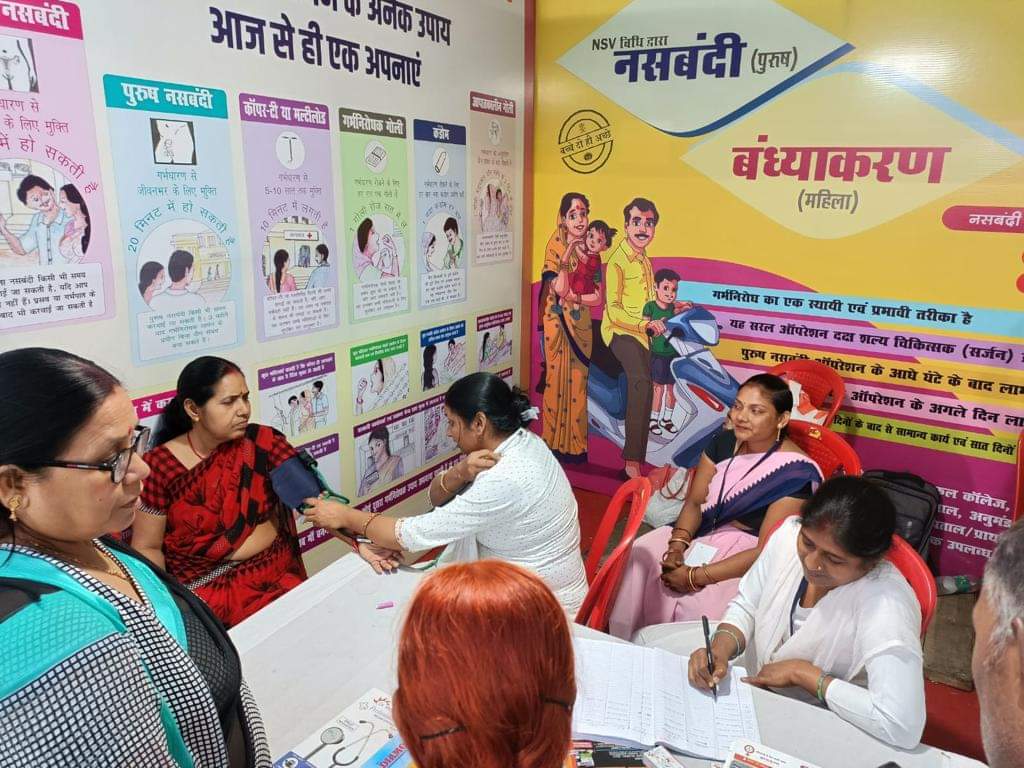
To safeguard reproductive autonomy, it is imperative to enact legal and policy reforms that uphold and protect women’s rights. Emphasis should be placed on making women socially and economically empowered. Investing in age-appropriate, evidence-based sex education in schools and communities is crucial for promoting informed decision-making about sexual health and reproduction. Expanding access to a wider range of safe contraceptive options is also essential.
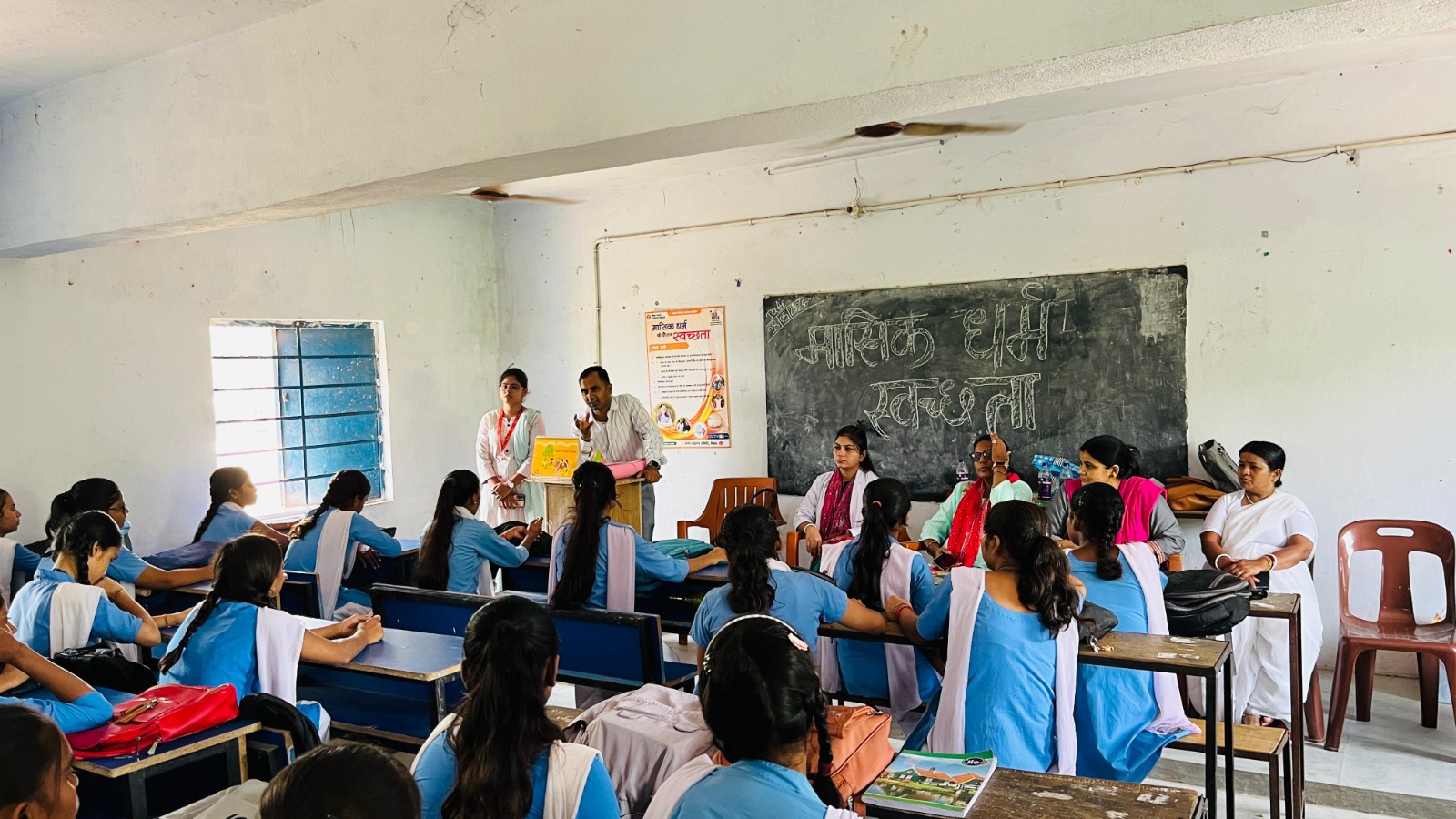
Although data points to a decline in Total Fertility Rate (TFR) and an increase in institutional deliveries, indicating progress, the high unmet need for family planning and the prevalence of adolescent pregnancy necessitate further efforts. By addressing key challenges and implementing proposed solutions, India can ensure that everyone has access to the information, services, and support needed to make informed choices about their sexual and reproductive health.
On International Women's Health Day, it's crucial to recognize the necessity of adopting a holistic, women-centered, and rights-based approach to truly grasp the diversity of women's health. This involves moving beyond mere concepts like top-down population control, advocating for safe and legal abortion, ensuring universal healthcare access, and expanding the availability of safe contraceptives. Let's join hands to mobilize, demand, and assert recognized needs and realized rights for women, contributing to building a healthier nation.
TAGS
SHARE





